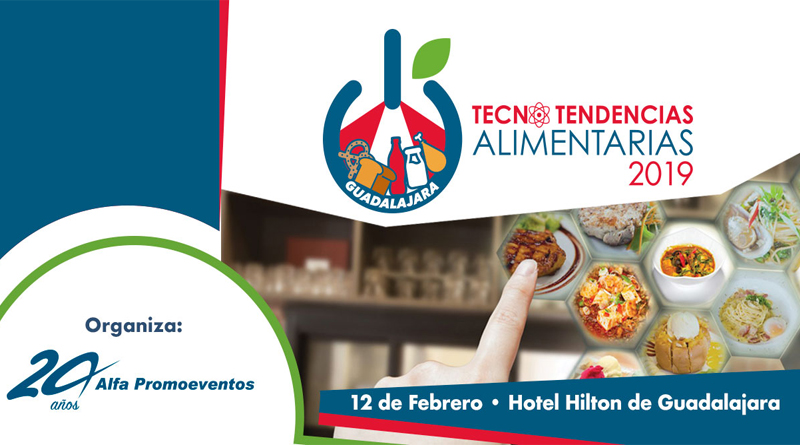The European Food and Safety Authority (EFSA) has published a scientific assessment confirming the beneficial health effects of glycemic carbohydrates on the improvement of physical performance during high-intensity and long-lasting physical exercise. As a result, sports nutrition companies will be able to include on-pack claims regarding the performance boosting capacity of products containing carbohydrate solutions (CHO).
The application for an EFSA health claim pursuant to Article 13(5) was submitted by Specialised Nutrition Europe (SNE), a trade association representing the interests of the specialized nutrition industry across the EU. The association has welcomed the positive assessment but calls for further steps to be taken towards establishing specific provisions for sports food at EU level.
In the scientific opinion, the EFSA Panel on Dietetic Products, Nutrition and Allergies (NDA) notes that “carbohydrate solutions are sufficiently characterized in relation to the claimed effect. The claimed effect proposed by the applicant is ‘contribute to the improvement of physical performance during a high-intensity and long-lasting physical exercise,’ which is considered by the Panel as a beneficial physiological effect.”
The opinion notes that a cause and effect relationship has been established between the consumption of carbohydrate solutions and the improvement of physical performance during high-intensity and long-lasting physical exercise, with the target population being healthy trained adults performing high-intensity (at least at 65 percent of the VO2max) and long-lasting (at least 60 min) physical exercise.
The NDA notes that to reach the claimed effect, “CHO solutions (containing glucose, mixtures of glucose and fructose, sucrose and/or maltodextrins) should be consumed to provide between 30 and 60g of CHO/h, and up to 90g CHO/h if fructose constitutes about one-third of the CHO mixture.”
SNE has welcomed the news, with SNE President Professor Udo Herz stating: “Sports nutrition has a crucial role in maintaining the appropriate supply of nutrients during intense physical performance. Health claims are essential tools helping sportspeople to identify the foods specially formulated to respond to their particular nutritional needs.”
“SNE considers this opinion as a stepping stone towards the adaptation of the General (EU) Food Law for sports food, which should ensure its safe use, and the provision of appropriate information for sportspeople.”
In response to EFSA’s positive scientific opinion, SNE has stated that it hopes that this news will “re-open the debate at EU level on the need to adapt the General EU Food Law for sports food.”
Aurélie Perrichet, Executive Director at SNE, tells NutritionInsight: “SNE would be pleased to provide its expertise on sports nutrition to support the future adaptations of the general EU food legislation so that these adaptations take into account sports nutrition’s specificities.”
A few months ago, SNE, alongside EU Specialty Food Ingredients, the European Vegetable Protein Association (EUVEPRO) and Food Supplements Europe, signed a call reiterating the need to establish specific provisions for sports food at EU level.
According to the involved associations, the following adaptations to the general EU food legislation are needed to “adequately take into account sports nutrition’s specificities:”
The setting of a clear definition of Sports food.
The setting of certain essential compositional criteria to ensure appropriate consideration of the nutritional needs of sportspeople.
The establishment of appropriate quality specifications for ingredients where necessary for consumer protection.
The possibility to refer in the product labeling to the specific nutritional needs associated with the sports activity in question.
The need to be able to provide adequate information and instructions to ensure appropriate use of the product.
“Today’s EFSA opinion refers to the importance of carbohydrates (carbohydrate solutions containing glucose, mixtures of glucose and fructose, sucrose and/or maltodextrins), but other ingredients are also well-documented for sports nutrition,” Perrichet says.
To exemplify further the need for clear guidelines on sports nutrition, Perrichet lists sodium and vitamins and minerals in general, as these need to be present in sports food in different levels to those established for normal foods.
“Sodium is well documented as enhancing the absorption of water during physical exercise and helping to maintain the normal muscle function. Sodium is important for sportspeople (while public health recommendations convey sodium reduction for the general population). This is showing that specific rules are needed for sports food versus ‘normal foods,’” Perrichet notes
Source: Nutrition Insight









